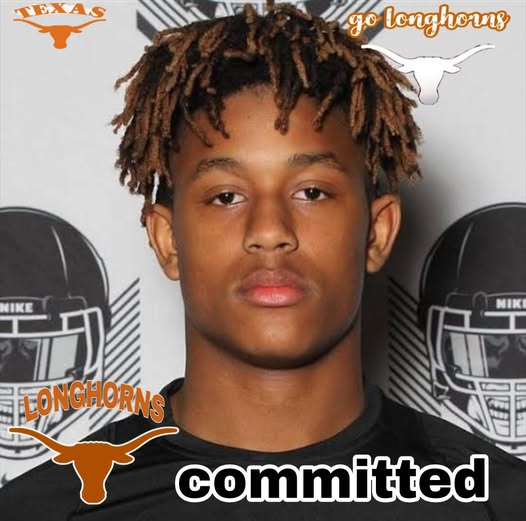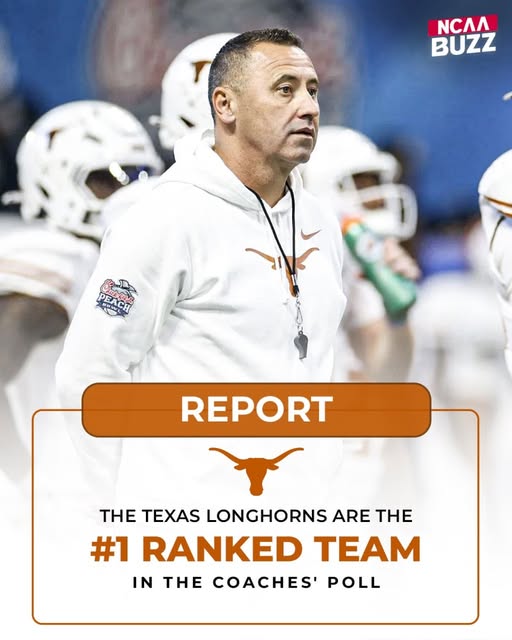Edmonton Oilers’ Uncompromising Rejection of Carter Hart After Legal Acquittal Sparks Nationwide Fan Backlash and Divides NHL Over Redemption, Accountability, and Team Identity
The Edmonton Oilers have triggered a storm of public outrage after taking a hardline stance against acquiring goaltender Carter Hart, despite his recent acquittal in a high-profile sexual assault case that had put his NHL career on indefinite hold. Hart, once considered one of the league’s most promising young goaltenders and a native of Alberta, was officially cleared of all charges in late July after a judge determined that the evidence against him and four of his former World Junior teammates failed to meet the burden of proof. Yet the Oilers, in a move that many fans have called excessive and politically motivated, issued a firm internal and public decision to completely rule out any pursuit of Hart, regardless of his legal status. That decision has since sparked widespread backlash across the hockey world and among Canadian sports fans.
For some, the Oilers’ stance is a strong statement on the values they want to uphold as an organization in an era when the NHL and other professional sports leagues are grappling with issues of character, ethics, and public trust. For others, it is seen as a knee-jerk overcorrection that punishes a player who has been legally exonerated, denies him a second chance, and sends the message that innocence in a court of law is no longer enough to restore a person’s reputation. The announcement—initially reported by team insiders and later confirmed by local journalists—was not delivered via press conference or official statement, but its clarity left no room for ambiguity. Team decision-makers indicated they had no interest in considering Hart for a roster spot, that his name had not been discussed in internal meetings, and that, even if his legal situation had cleared sooner, he still would not have been a candidate for a professional tryout or free-agent deal.
The reaction from fans was immediate and intense. On social media, in forums, and on sports radio call-in shows across Canada, fans expressed frustration, disbelief, and, in some cases, anger at what they see as an unfair and overly cautious approach. Many pointed out that Hart, still only 26 years old, remains a potentially elite-level goaltender who could address one of Edmonton’s most glaring weaknesses heading into the new season. The Oilers, despite making the Stanley Cup Final twice in three years, have suffered from inconsistent play between the pipes. Stuart Skinner has shown promise but struggled in key postseason moments. Calvin Pickard is a dependable backup but not viewed as a long-term solution. The idea that the Oilers would simply eliminate the possibility of signing a talented, Alberta-born goaltender with significant upside—even at a discounted price and after a court ruling in his favor—left many baffled.
Critics of the Oilers’ stance also noted the double standard they perceived. While the organization has stated it is committed to integrity, inclusivity, and leadership, some fans pointed to past hires and decisions that seemed to reflect a more flexible view of character concerns. The hiring of controversial executives, lenient responses to behavioral issues, or past tolerance of players with legal and personal baggage were all raised as examples of organizational inconsistency. Fans argued that Hart, unlike some of those cases, had actually gone through the legal system, faced a public trial, and had been fully acquitted—not merely settled out of court or avoided charges altogether. In that context, many asked why Hart would be treated more harshly than others.
Supporters of the Oilers’ decision, however, framed it differently. For them, the question wasn’t about guilt or innocence in a legal sense but about optics, timing, and the broader message the team sends to its community. Edmonton, like many NHL markets, has become increasingly sensitive to issues around consent, gender-based violence, and public accountability. In that climate, the addition of a player associated—even temporarily—with such serious allegations was seen as a risk too large to take. These voices commended the team for taking a proactive position that protects its reputation, shields its players from unwanted distractions, and demonstrates a zero-tolerance approach toward any form of off-ice controversy. Some added that the timing of Hart’s acquittal, which came just weeks before training camp, left little space to integrate him without it dominating headlines and potentially dividing the locker room.
Still, the broader hockey community remained divided. Former players, analysts, and coaches weighed in, with some calling the decision a missed opportunity and others labeling it a necessary sacrifice. The debate spilled over into the league itself, where the NHL has yet to lift the indefinite suspension placed on Hart and the other players following the announcement of charges earlier this year. Although the league has stated that its process is independent of the legal system, and that its review will continue in private, critics now accuse the NHL of dragging its feet and perpetuating uncertainty around a situation that a judge has already resolved. The longer Hart remains in limbo, the harder it will be for him to find a team willing to navigate the scrutiny that would come with offering him a contract. Edmonton’s decision, being so firm and so public, is likely to influence other front offices and signal a broader hesitancy across the league to act until the NHL’s internal review concludes.
Hart himself has not made any public statements since the acquittal, and his agent has declined media interviews. However, sources close to the player have suggested he is eager to return to the NHL and resume his career. Once viewed as the future of Canadian goaltending, Hart had shown flashes of brilliance in Philadelphia before his career was derailed by the legal situation and its accompanying suspension. While he has not played a professional game in nearly two seasons, some scouts believe his skillset remains intact and that, with the right support, he could regain his form quickly. For that reason, some teams—especially those in the U.S.—may now emerge as candidates for a quiet comeback route, one that avoids the media frenzy of a Canadian market and gives Hart a chance to rebuild away from the spotlight.
In Edmonton, the decision is now a lightning rod in an already tense offseason. The Oilers are facing mounting pressure to capitalize on the prime years of Connor McDavid and Leon Draisaitl, and many expected a more aggressive offseason overhaul following back-to-back disappointments in the Final. Instead, the team has taken a conservative approach, re-signing key players, making minor additions, and doubling down on its current core. The rejection of Hart, though defensible on moral grounds, has added to a sense of frustration among some fans who believe the front office is more focused on public perception than championship pursuit. Others believe the Oilers are taking the long view, one that prioritizes stability and cohesion over controversy and short-term gain. Either way, the fallout has revealed a deep divide—not just in Edmonton, but across the NHL—about how to handle players whose legal records are clean, but whose reputations remain clouded by association and public opinion.
For now, Hart remains a free agent. His future is uncertain. The Oilers have made their stance clear and final. And the NHL continues to grapple with a question that has no easy answers: when and how a player can truly move on from scandal, even after the courts have said he can. What’s happening in Edmonton is more than just a roster decision—it’s a case study in how modern sports teams navigate morality, media, and the weight of public expectation. Whether they are remembered as cautious or cowardly, principled or performative, the Oilers have drawn a line. And everyone in hockey is now watching what comes next.



